Indian External Affairs Minister S Jaishankar recently came to Nepal to attend the 5th meeting of the Nepal-India Joint Commission. Minister Jaishankar paid courtesy calls on the prime minister of Nepal, president and leaders of various political parties during his visit. In 2015, Jaishankar had come to Nepal as a special envoy of Indian Prime Minister Narendra Modi. He had asked the Nepali leadership to make some amendments in the draft of the Constitution to address some demands that the Madhesi people had been raising. He was foreign secretary of the Government of India then. However, the Constitution was promulgated amid protests from various quarters. Madhes issues have remained intact till date. In this context, Khabarhub talked to Dr Dinesh Bhattarai, foreign affairs expert, and former ambassador, for his views on Jaishankar’s recent Nepal visit and Prime Minister Modi’s recent visit to Bhutan. Excerpts:
What was the bilateral interest discussed during the Indian External Affairs Minister S Jaishankar’s recent visit to Nepal?
Indian External Affairs Minister S Jaishankar came to Nepal to attend the 5th Meeting of the Nepal-India Joint Commission. Established in 1987, the Commission’s meetings could not take place regularly. The third meeting had taken place in 2014 during the tenure of late Sushil Koirala as the prime minister, almost after 22 years. Indian Prime Minister had visited Nepal to attend the SAARC summit in a gap of 17 years. In 2015, Jaishankar had come to Nepal as a special envoy when Nepal was preparing to promulgate the Constitution of Nepal.
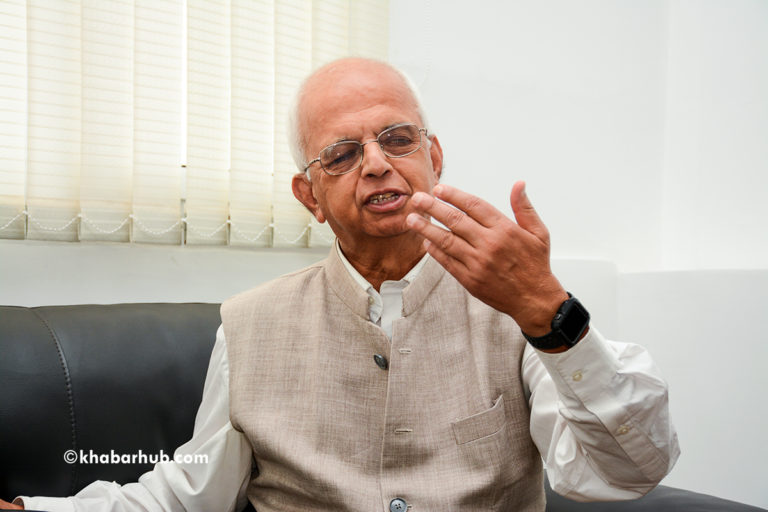
He had urged the Nepali leadership not to promulgate the Constitution without addressing the demands of the Madhesi-based parties but our leadership promulgated the constitution amid protests.
Nobody expected that India being the largest democratic country in the world, would penalize Nepal with the blockade for not listening to its advice. I have not understood until now why India questioned the Constitution of Nepal promulgated by the representatives elected by the people. Nonetheless, Jaishankar’s recent Nepal visit should be viewed from a different perspective as the purpose of his visit in the past and present is quite different.
Nepal’s situation has not changed since Jaishankar’s past Nepal visit despite the change in his portfolio. The concerns of Madhes that Jaishankar had raised during his previous visit have remained intact. Nepal has now the strongest government ever. What is India’s stance on the Madhes issue?
Nepal’s Constitution was promulgated through the Constituent Assembly — a rare case in the world. An amendment proposal was registered two weeks after the Constitution was promulgated due to some grievances seen in the Madhes region. Late Sushil Koirala had said Nepal wants both goodwill and friendship from India but should take its own decision.
Various initiations had been taken to resolve the issues related to the Constitution but to no avail due to frequent leadership change in the government. Nepali people went for elections subsequently in line with the Constitution. Those who opposed the Constitution also took part in the elections. The situation before and after 2015 is not the same. It is completely different.
Nepal is mulling to invite Indian Prime Minister Narendra Modi as the chief guest of the program to be organized on the occasion of Constitution Day in order to garner India’s favor for the Constitution. However, Modi seems to be least interested. At the same time, Chinese President Xi Jinping is expected to visit Nepal in the near future. What is your analysis?
These issues are associated with the future of Nepal. Nepal’s geopolitical condition is fragile and highly sensitive. There is tough competition among developed countries to maintain power balance, especially among the United States of America and China. Imposing a new tariff is just a ploy, the hidden motive is to emerge out to be the most powerful country in the world. US President Donald Trump has been reiterating, “We reign supreme in the world and no one can snatch away this supremacy from us.”
Powerful countries are playing political games to attain supremacy and Nepal is not left unaffected from it, primarily due to its geopolitical situation. China and India have been competing to be a world power. Based on the purchasing power parameter, China tops the world. It is the largest manufacturer of goods globally. The then Soviet Union was powerful only in terms of military power but China is strong both in military power as well as economy. China has also started expediting activities in Nepal, too, to increase its influence.
Indian Prime Minister Narendra Modi urged Bhutan to take part in the Indo-Pacific Strategy during his recent visit, according to media reports. It holds significance as there are over 100,000 Bhutanese refugees taking shelter in various countries including the USA. Modi has recently visited Bhutan to probably pass the message that India, Bhutan and the USA have been jointly working to resolve the issue of Bhutanese refugees.
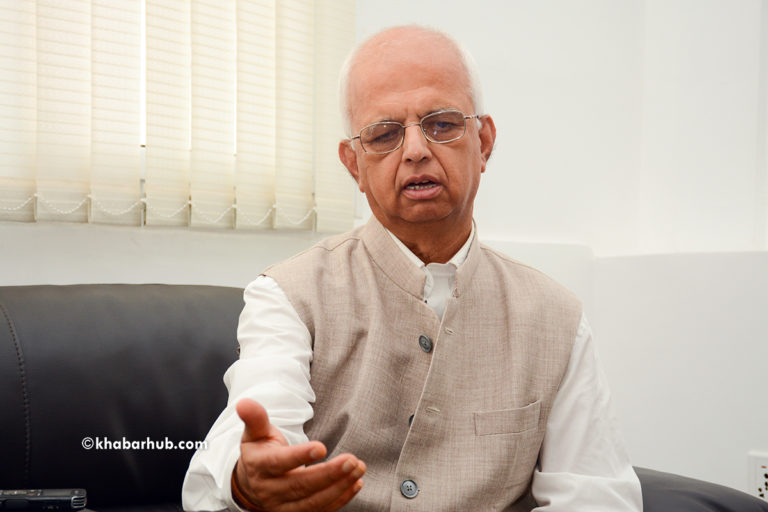
As far as Modi’s Nepal visit is concerned, the high-level meeting will definitely bolster bilateral ties between Nepal and India. However, the high-level meeting alone does not have much impact on the bilateral ties between the two countries.
For instance, Nepal had enjoyed friendly ties with India for 17 years even without any high-level official visits from Indian site in the past. Interestingly, 12 point agreements had been signed in New Delhi between the then seven-party alliance and the rebel Maoists, when the latter’s 10 out of 40-point demands were against India.
Chinese President Xi Jinping’s Nepal visit, which is expected in the near future, does not, however, mean that China is giving importance to Nepal. It could rather be a strategic move to maintain power balance in the Asia-Pacific continent.
It is learned that Xi would come to Nepal for eight hours. This is a good message. China is gradually increasing influence in Nepal through its diplomatic activities. Further, Nepal has been a party to the Belt and Road Initiatives (BRI). Nepal should do homework to reap benefits from such high-level visits from power countries.
Pakistan’s Prime Minister Imran Khan warned of war in the near future over the Kashmir row. Nepal is the founding member and the current chair of SAARC, and is involved in BIMSTEC, BRI and Indo-Pacific Strategy. What effects will Kashmir strife have on Nepal?
US Secretary Mike Pompeo had called Nepal’s Minister for Foreign Affairs Pradeep Gyawali to the USA and held bilateral meetings last year. The USA said the bilateral meeting was important but Nepal described it as a normal one. It created confusion across the diplomatic fraternity. Foreign Minister Gyawali tried to make it clear but it was insufficient. We need to do intensive homework on how to benefit from China’s new corridor project called BRI and make a clear stance as regards with Indo-Pacific Strategy.
The Nepal government should invite investment from foreign countries – be it China or India. But the Nepal government seems lost. We cannot even save democracy without development and prosperity. Being the chair of the SAARC, Nepal has to take the initiative in holding the summit at the earliest. Nepal should have a clear-cut foreign policy and be serious when it comes to handling diplomatic affairs.


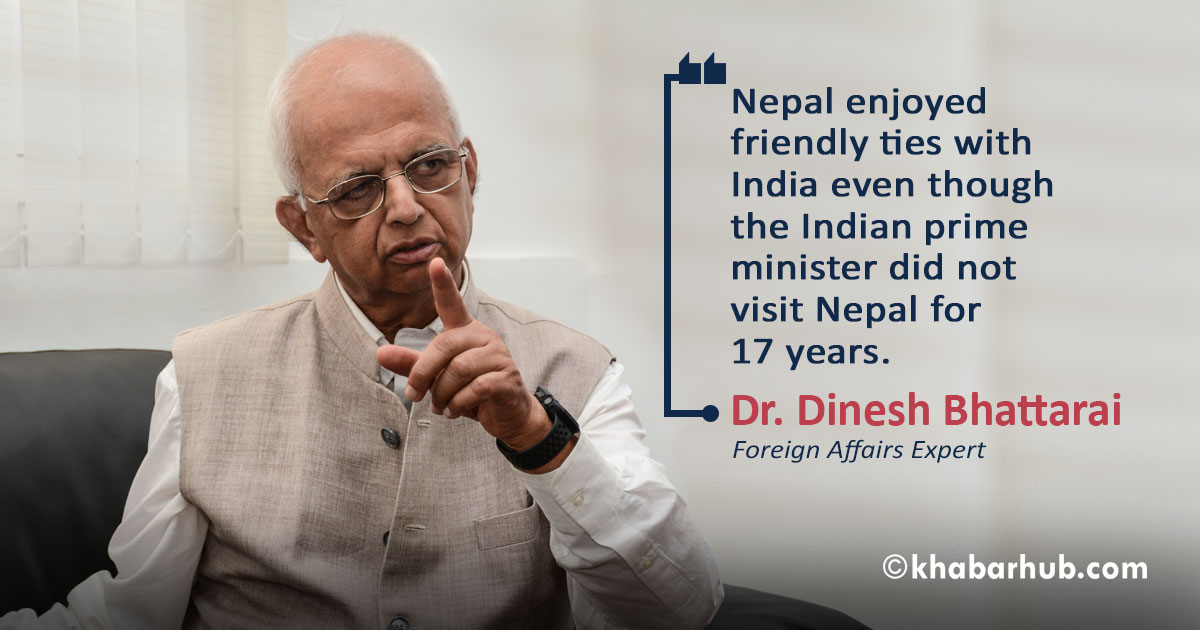
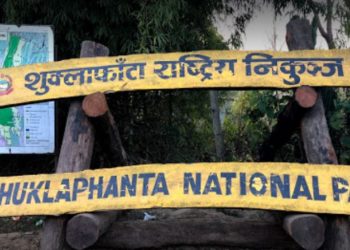
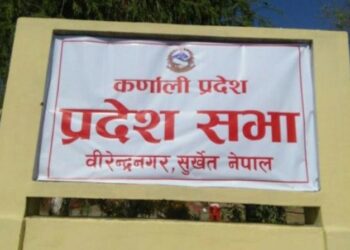
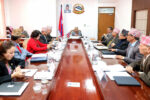

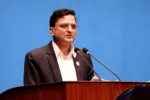

Comment